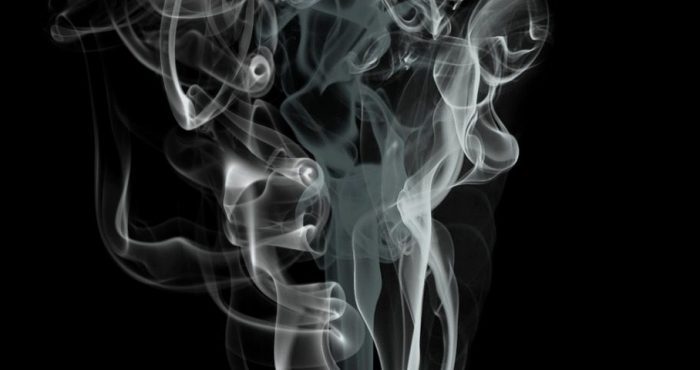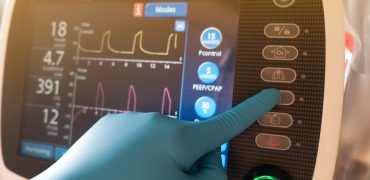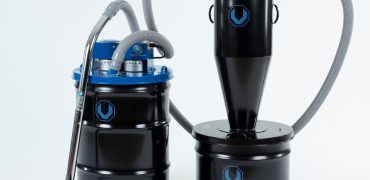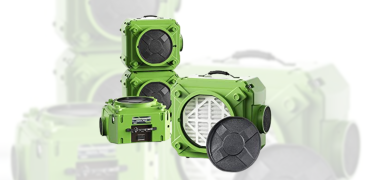Hospitals and medical facilities have some of the strictest rules regarding indoor air quality and management. Airborne particles can be harmful and viruses, bacteria, and other hazardous pathogens will wreak havoc on patients and staff if not contained properly.
A large concern recently has been regarding smoke from laser and electrosurgical procedures. A surgical plume, or laser plume, refers to smoke created from the surgical process. It is particularly common with dermatosurgical procedures.
Surgical plume involves vaporized tissue particles, pathogens, and toxic gases. This is a hazard to the patient, the surgeon, and other people in the building. Protective measures must be taken when laser procedures are used to prevent the inhalation of laser plume. ULPA filters are the most effective measure taken to prevent inhalation of surgical smoke.
Why is Surgical Plume a Risk?
Surgical plume is a byproduct of thermal destruction of cells. When lasers and electrosurgical tools contact a patient’s skin, the heat leads to the rupture and release of the organ cell’s contents. Exposure to surgical plume can lead to respiratory tract irritation, eye irritation, pulmonary effects, carcinogenesis, and risk of transmission of infection. Given the frequency at which doctors and nurses are performing these surgeries, they could have years of daily exposure to these risks.
There have been a few studies detailing the types of viable viruses and bacteria that can be present in surgical plumes, including HPV, staphylococcus, and HIV. It is hazardous for doctors and patients to be exposed to the viable pathogens in the smoke.
ULPA Filters to Remove Surgical Plume
Electrosurgical devices and lasers create particles that are roughly 0.07 and 0.31 microns in size. Particles less than 2 microns can easily be deposited in bronchioles and alveoli leading to lung irritation, emphysema, pneumonia, and bronchitis.
Currently, masks, room ventilation, air filters, and protective eye glasses are some of the most common safety measures taken. However, smoke evacuation systems equipped with ULPA filters are the best method of protection for medical practitioners.
With particles of this size, HEPA filters no longer do the trick. They are effective at capturing particles at 0.3 microns and above. With surgical smoke, ULPA filters are a better option. ULPA filters retain 99.9995% of particles at 0.1 microns. This makes them ideal for removing the particles created in electrosurgical and laser procedures. They are also often combined with activated charcoal filters which are capable of absorbing as and vapor and eliminate smells.
These filters can be used in smoke evacuation machines, as is most common, but in some cases, a filter can be used in the wall suction system as well to safely capture small amounts of plume. Depending on the environment, these filters may require replacement after each use or each day so as to eliminate the possibility of infection transmission.
MD&M West 2020
This year, the Medical Design & Manufacturing conference is being held February 11-13 in Anaheim. This is the world’s largest medical device manufacturing event and is more important than ever, as medical tech is developing faster than it ever has. MD&M West is the perfect place for businesses and industry professionals to network, find inspiration, find solutions, and source products.
APC Filtration is excited to attend this show and discuss the importance of air filtration and custom air filters in the medical industry. Stop by and visit us to learn more about our ULPA filters for surgical smoke and other custom filters!
Get More Information
APC Filtration Inc. designs and manufactures custom air filters for use across the medical industry. From patients to practitioners, everyone needs high-quality air filtration to work and recover.
Visit our booth at MD&M West to learn more about the custom air filters APC can design for medical applications. If you can’t wait until February, contact us today!
Sources:











